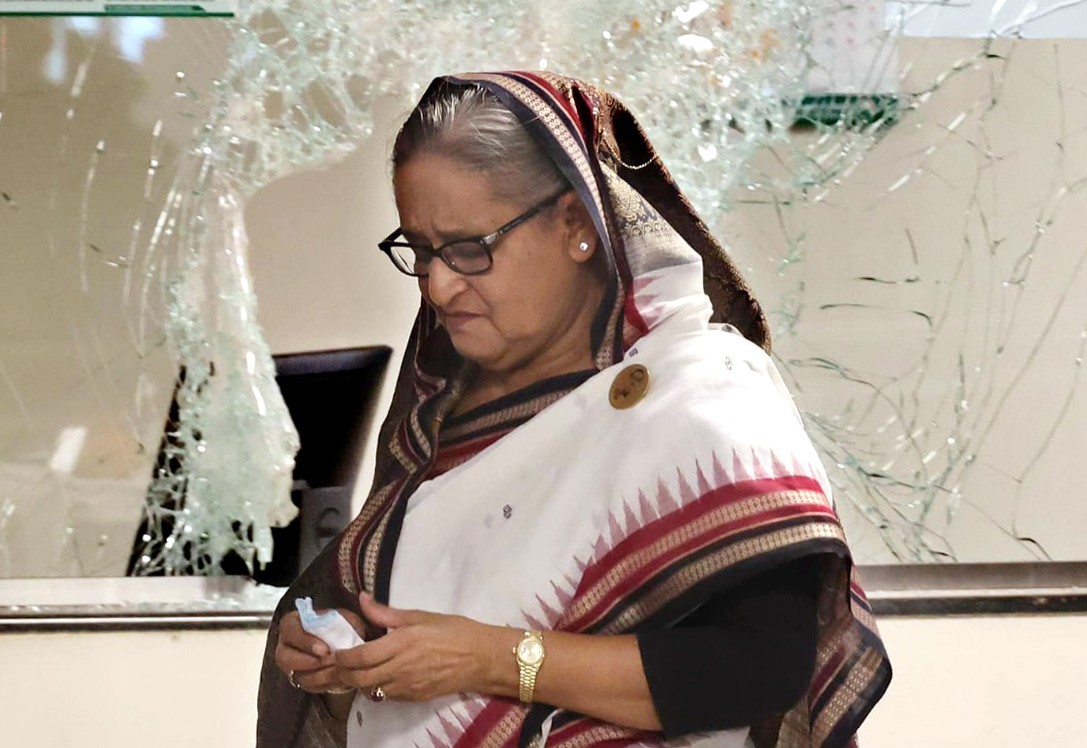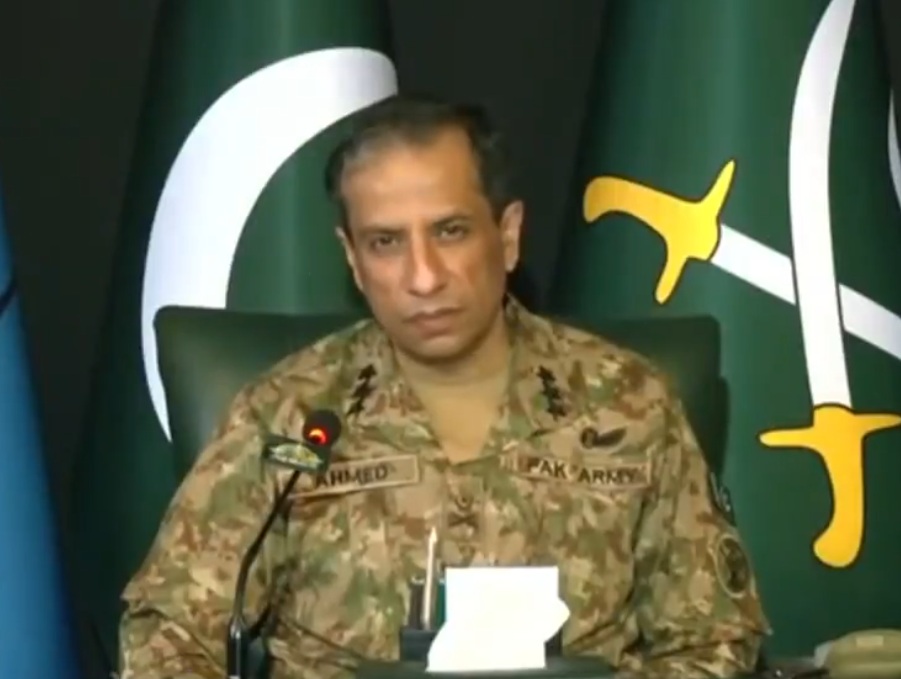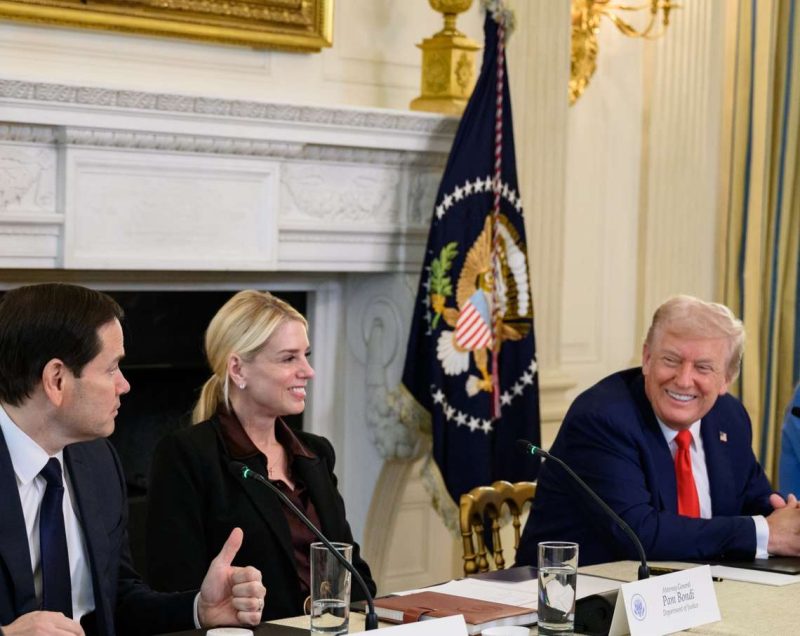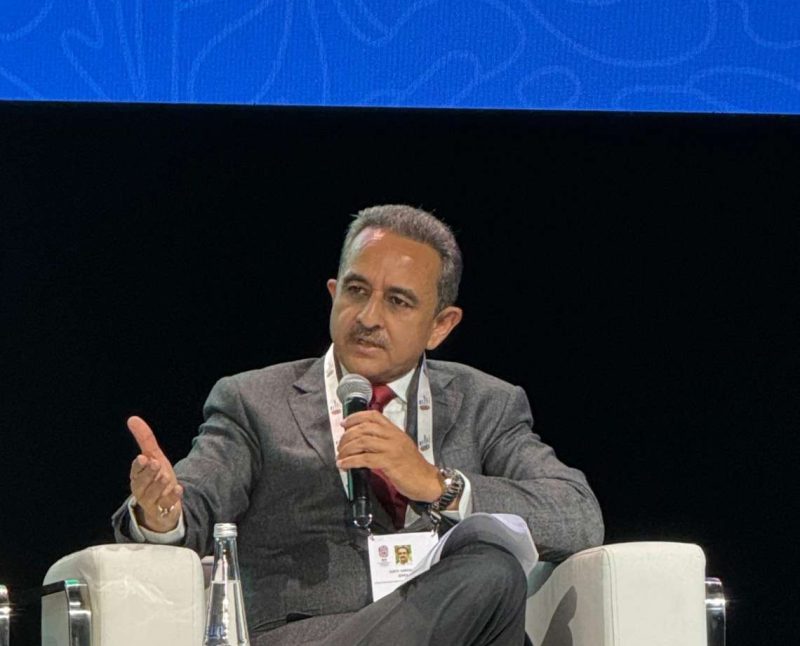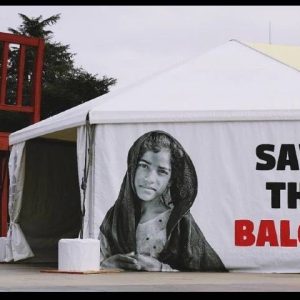Eliminating one of the country’s two dominant parties risks dismantling the multiparty framework essential to democratic governance. …reports Asian Lite News
In the intricate political landscape of South Asia, the Awami League has long been a central pillar of democratic governance and regional cooperation in Bangladesh. However, as reported by North East News, the potential banning of the Awami League—reportedly driven by rising political pressures—marks a troubling development with far-reaching implications.
Founded in 1949, the Awami League played a defining role in Bangladesh’s liberation struggle. Under the leadership of Sheikh Mujibur Rahman, it led the 1971 independence movement, embedding itself deeply in the national identity. A ban on such a historically significant party would not merely sideline a political rival—it would strike at the core of Bangladesh’s democratic foundations.
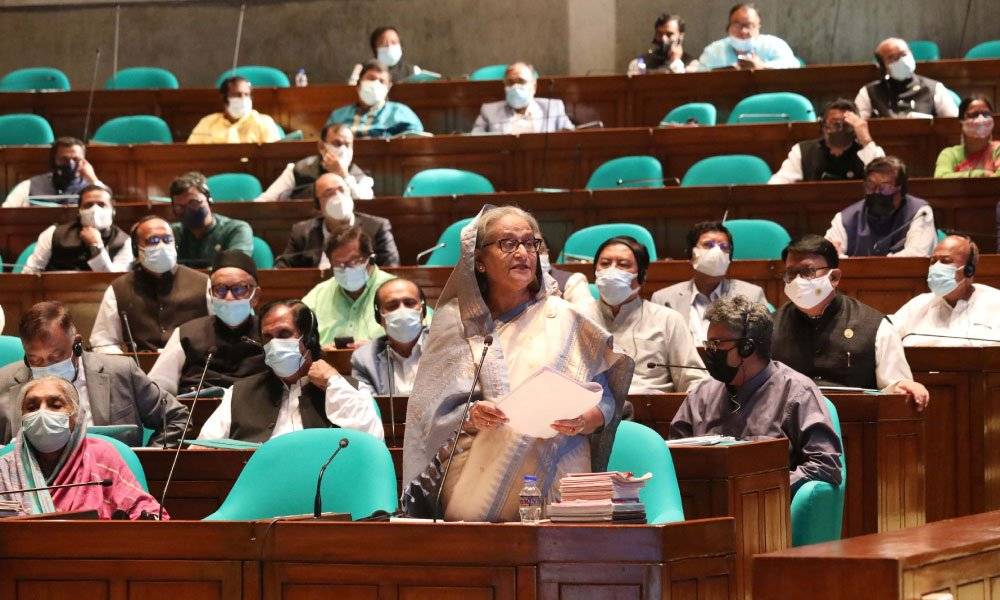
Eliminating one of the country’s two dominant parties risks dismantling the multiparty framework essential to democratic governance. It could provoke widespread protests, civil unrest, and heavy-handed crackdowns, pushing Bangladesh into a period of volatility at a time when stability is most needed to address economic and social challenges.
As North East News observes, this move sets a dangerous precedent—one where dissent is silenced not through political engagement but by force. In an environment where democratic institutions are already under strain from the rise of Islamist forces, banning the Awami League would mark a severe regression.
Over the past decade, Bangladesh has achieved notable progress under the Awami League government: sustained GDP growth, industrial expansion, and significant poverty reduction. These gains have been rooted in political stability. Removing the party from the political equation threatens to derail investor confidence and create deep uncertainty, particularly as Bangladesh prepares to graduate from Least Developed Country (LDC) status and expand its global economic integration.
Regionally, the implications are equally significant. India and Bangladesh share close historical, cultural, and strategic ties. Under Sheikh Hasina’s leadership, the Awami League maintained strong and cooperative relations with New Delhi, particularly in areas like trade, security, connectivity, and water-sharing. A shift in power toward groups with more adversarial stances—or alignment with Islamist or China-oriented blocs—could complicate India’s foreign policy and disrupt the regional balance.
From a geopolitical standpoint, weakening democracy in Bangladesh while distancing it from India creates a strategic vacuum—one that rival powers may be eager to fill. This could undermine regional cooperation efforts under platforms like BIMSTEC and SAARC, and destabilize the Bay of Bengal region.
Banning the Awami League would be a grave misstep. It risks plunging Bangladesh into political chaos, weakening its democratic institutions, and endangering critical ties with its closest neighbour. In a region marked by volatility, Bangladesh must preserve its democratic integrity—not dismantle it.


